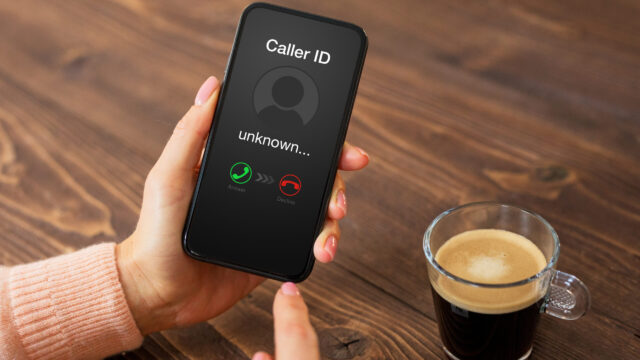Second Circuit Narrows Scope of Anti-Robocall Law, Dissenting Judge Argues for Broader Reading in Line with EPIC and NCLC Interpretation
May 17, 2024

On May 10, a divided panel of the Second Circuit, ruling on a Telephone Consumer Protection Act (TCPA) case in which EPIC filed an amicus brief, held that the automated telephone dialing system (ATDS or autodialer) provision of the TCPA only protects against calls to telephone numbers generated by an automated system. Importantly, this interpretation exempts “list-based” dialers from the law and opens consumers up to the threat of inundation by automated dialers.
EPIC has argued in cases across several appellate courts that the plain text of the anti-robocall provision should be understood to cover list-based dialers and other systems that automatically dial from a list of numbers. This plain text reading is a more consumer-friendly reading of the TCPA and in line with the law’s purpose of limiting automated, nuisance calls.
But the court’s decision was not unanimous. In her first of five arguments in dissent, Judge Anne M. Nardacci, sitting by designation, observed that: “[t]he majority reads the word ‘telephone’ into the phrase ‘random or sequential number generator’ where it does not exist in the text.”
Judge Nardacci is not the first federal judge to file a dissent arguing against a narrow interpretation of the TCPA. Indeed, in addition to citing to the amicus brief of EPIC and the National Consumer Law Center (NCLC) at several points, Judge Nardacci cited to Judge Lawrence VanDyke’s dissent in the Ninth Circuit for the principle that a random or sequential number generator is commonly understood to generate more than telephone numbers: “‘random or sequential number generator’ has a known meaning as a computational tool” that “can produce anything from single digit numbers to zip codes to telephone numbers.” Limiting the interpretation of an ATDS to the creation of telephone numbers narrows the protective scope of the TCPA. The case is Soliman v. Subway Franchisee Advert. Fund Tr., Ltd., No. 22-1726 (2nd Cir.). The consumer plaintiff is likely to appeal and seek en banc review by a larger judge panel within the Second Circuit or seek review by the Supreme Court of the United States.
EPIC often participates as amicus to explain the technology at issue in a case. EPIC also routinely files amicus briefs in Telephone Consumer Protection Act cases.

Support Our Work
EPIC's work is funded by the support of individuals like you, who allow us to continue to protect privacy, open government, and democratic values in the information age.
Donate